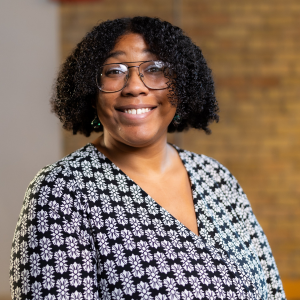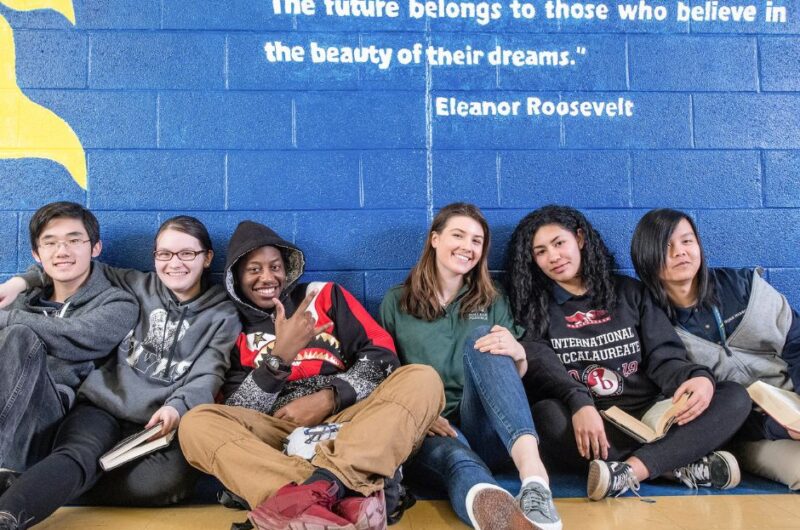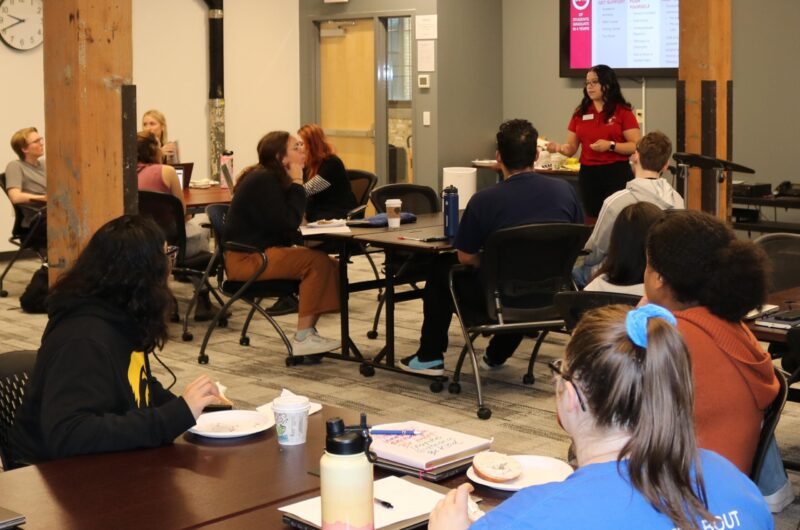 This great story was written by Emma Scheetz, an AmeriCorps members serving as a college coach this year in Washington. Great stories like this one are written by AmeriCorps members and read weekly at team meetings as a way for our team to reflect, share learnings and stay connected to the students and coaches who have come before us and will come after us.
This great story was written by Emma Scheetz, an AmeriCorps members serving as a college coach this year in Washington. Great stories like this one are written by AmeriCorps members and read weekly at team meetings as a way for our team to reflect, share learnings and stay connected to the students and coaches who have come before us and will come after us.
Attending college as a student from a low-income background can be a high-stakes experience. Many of my students are facing unique and complex situations that make navigating the higher education landscape a nearly insurmountable challenge. From predatory institutions to missing a single email that is the difference between having financial aid or not, college graduation can feel out of reach at times. Hearing these stories has often left me stressed and frustrated. If I feel this way, I can’t imagine how my students must feel, since this affects their lives far more than it does mine. While there have been points where I feel hopeless about the higher education landscape, I am always astounded by the resilience and determination of my students. It is their attitudes, their smiles, their willingness to persevere that restore my sense of hope. I am inspired by the way my students handle hardship and find success despite obstacles in their paths.
One of my favorite parts of being a coach is reading my students’ essays, because I get to learn how their life experiences have shaped their determination and resilience. One student, Seyne, came to me asking for support in writing an essay. Seyne explained that she had never written an essay before because she was still learning English when she was in high school in Seattle. She is originally from Kenya and speaks Swahili as her first language. Now she was in her first college English class, being asked to write a college-level essay without any prior practice. When she shared the prompt with me, I smiled. The professor was asking students to read an article, summarize it, and add their own opinions. The article started by introducing the idea that speaking European languages in Africa is a form of colonization. It went on to detail the complexities of this relationship. While years ago, the widespread use of European languages was a way for colonizers to override native African languages, now European languages have become part of the African culture; the article noted that most of the world’s current French speakers are African. I smiled because I knew Seyne was living this very experience, trying to manage two languages in her life.
Once we dissected the article together, Seyne was able to quickly finish the opinion piece. She described her own experience with learning English and how important it was for her. Yet, she still felt a strong connection to Swahili and what it meant to her family and friends in Kenya. I was impressed. Seyne had started our coaching session by explaining that she had never written an essay; she ended it using her own knowledge and experience to develop two engaging and relevant paragraphs. Here I saw Seyne’s resilience and determination. Supported by her own cultural wealth, Seyne climbed the insurmountable mountain. Seyne is one example of many students who have come to me with difficult situations and with smiles nonetheless. While the higher education landscape may, at times, be challenging for my students, they are resolute in making it to the finish line.


